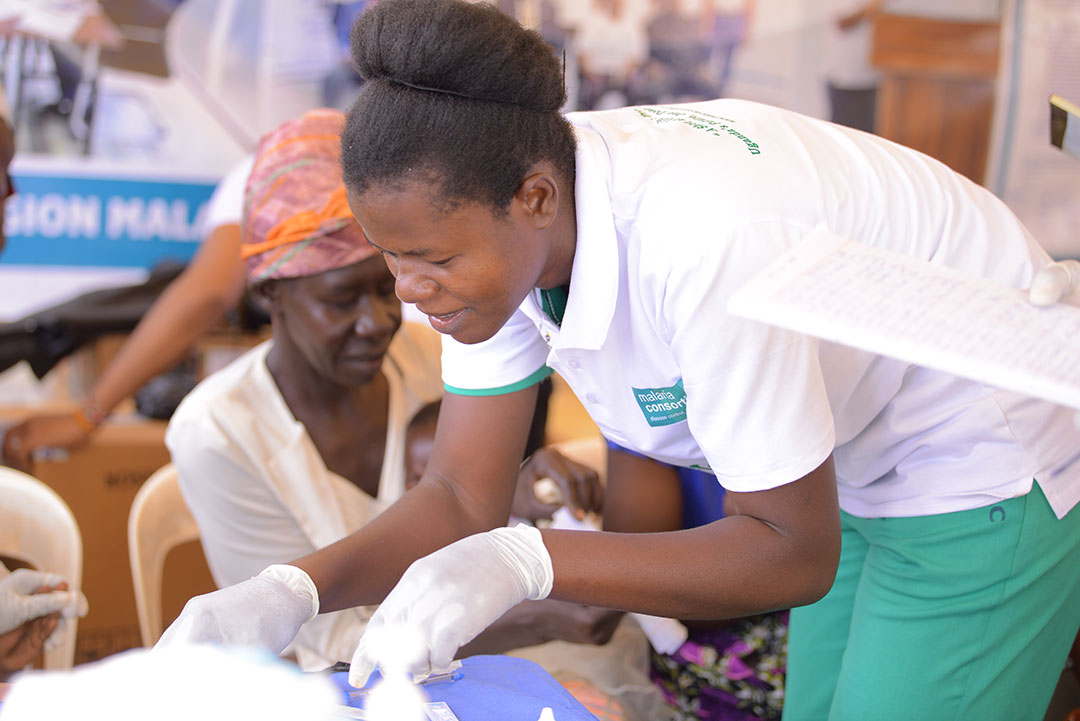Why we need standards to help boost the the climate resilience of healthcare services
How standards drive climate-resilient healthcare, supporting innovation, adaptation, and sustainability in a changing global environment.
- 26 May 2025
- 5 min read
- by World Economic Forum

- Climate change will be detrimental to advancements in healthcare, expecting to cause 250,000 deaths per year.
- Innovation and sustainability in healthcare depend on standardized approaches.
- Standards can help deliver the grounded, practical action that global adaptation efforts need.
Climate change threatens to decimate much of the progress achieved in healthcare services over the past years. To put figures on this, the World Health Organization estimates that climate change is expected to cause an additional 250,000 deaths per year between 2030 and 2050.
Healthcare services are being affected in at least three key ways:
- The growing incidence of injury (physical and mental) and mortality from extreme weather events.
- The direct effects that extreme weather events, such as flooding, have on health infrastructure, healthcare worker availability and supply chains.
- Changes in geographical range, patterns and transmission of vector-borne diseases such as malaria due to rising temperatures.
The COVID-19 pandemic highlighted challenges in healthcare provision worldwide, exposing a lack of preparedness, workforce shortages and supply chain problems. Climate change threatens to exacerbate these but there are strategies we can pursue to mitigate the risks and adapt to the threats.
At this year’s World Economic Forum Annual Health Roundtable, I joined leaders from across the healthcare landscape to explore how we can build more resilient, equitable systems.
When thinking of standards, many of us probably think of medical equipment standards. That’s one facet but standards serve a lot more.
The International Organization for Standardization (ISO) has produced more than 25,000 standards. Among them are many specific to health, climate change and wider adaptation strategy. In terms of healthcare, ISO standards seek to enhance patient safety through guaranteeing high standards in equipment manufacturing.
In addition to this, standards help streamline supply chains and support the development of innovation in areas like digital health and sustainable healthcare solutions.
Artificial intelligence (AI) is a prime area transforming healthcare, from diagnostic tools and predictive analytics to operational efficiency and patient engagement. However, innovation without guardrails is risky.
International standards provide those guardrails – supporting ethical AI development, improving data security, ensuring transparency and helping embed AI responsibly into healthcare business models. By adopting these standards collaboratively, stakeholders can unlock AI’s potential while protecting patient safety and trust.
These standards are even more powerful alongside their climate and sustainability counterparts, which aim to help governments and organizations mitigate and adapt to the effects of climate change.
Adaptation is vital to successful long-term health service delivery. After all, the systems and staff need to be prepared for extreme weather events, which increase the demand for these services while undermining their availability. Without adapting, how does a hospital at risk from flooding function when floods actually hit?
Although international standards are universal, they are developed through in-depth collaboration involving diverse voices.
Adaptation standards cover principles and requirements (ISO 14090), vulnerability guidelines and risk assessment (ISO 14091) and planning for local governments and communities (ISO 14092).
These standards provide actionable guidance that can be tailored to local contexts and therefore act as a bridge between high-level policy and healthcare operations.
Prevention is another key element of adaptation planning. Standards are typically at the heart of the equipment and processes used in everything from early warning systems that alert local populations to the materials and quality benchmarks required to construct climate-resilient structures and defences.
Standards also help support decision-making at the highest levels. By offering robust frameworks that help organizations better identify climate vulnerabilities and understand the effects associated with climate change, standards support those deciding strategy, resourcing options and action.
Ensuring that healthcare services are themselves sustainable is another area where standards play a role.
Each ISO standard feeds into the United Nations’ Sustainable Development Goals. In this respect, standards can be used to empower healthcare providers to decarbonize and improve the emissions footprint of their services.
This not only helps the sector reduce its own greenhouse gas emissions but also boosts resilience by switching to more sustainable operations – for example, changing the energy mix of a medical centre to include renewables.
Beyond this, through their frameworks, standards offer consistent, transparent and credible practices that transcend borders. Take, for example, vaccine production, testing and administering, a vital element in our ability to counter the growing disease threat.
As a result of the standards governing this area, those using testing equipment and facilities know that they are meeting internationally agreed and recognized benchmarks that display high levels of integrity, interoperability and accountability. In turn, measurements, comparisons and verification become more straightforward, enhancing accountability.
As we race to find strategies to help counter climate change’s effects, how standards are created is also important. Although international standards are universal, they are developed through in-depth collaboration involving diverse voices. This makes them fit for purpose in multiple settings worldwide.
The robust standards architecture ensures they touch on every aspect of business and organizational culture. There is a lot more to them than guaranteeing the safety of a syringe or CAT scanner. Standards help create a safer, more resilient society, boosting the ability of modern – and future – healthcare delivery to adapt to the challenges of climate change.
By embedding climate resilience into the foundation of health services, standards help us move from crisis response to proactive, systems-level adaptation. They are a crucial part of a green and resilient health service.









